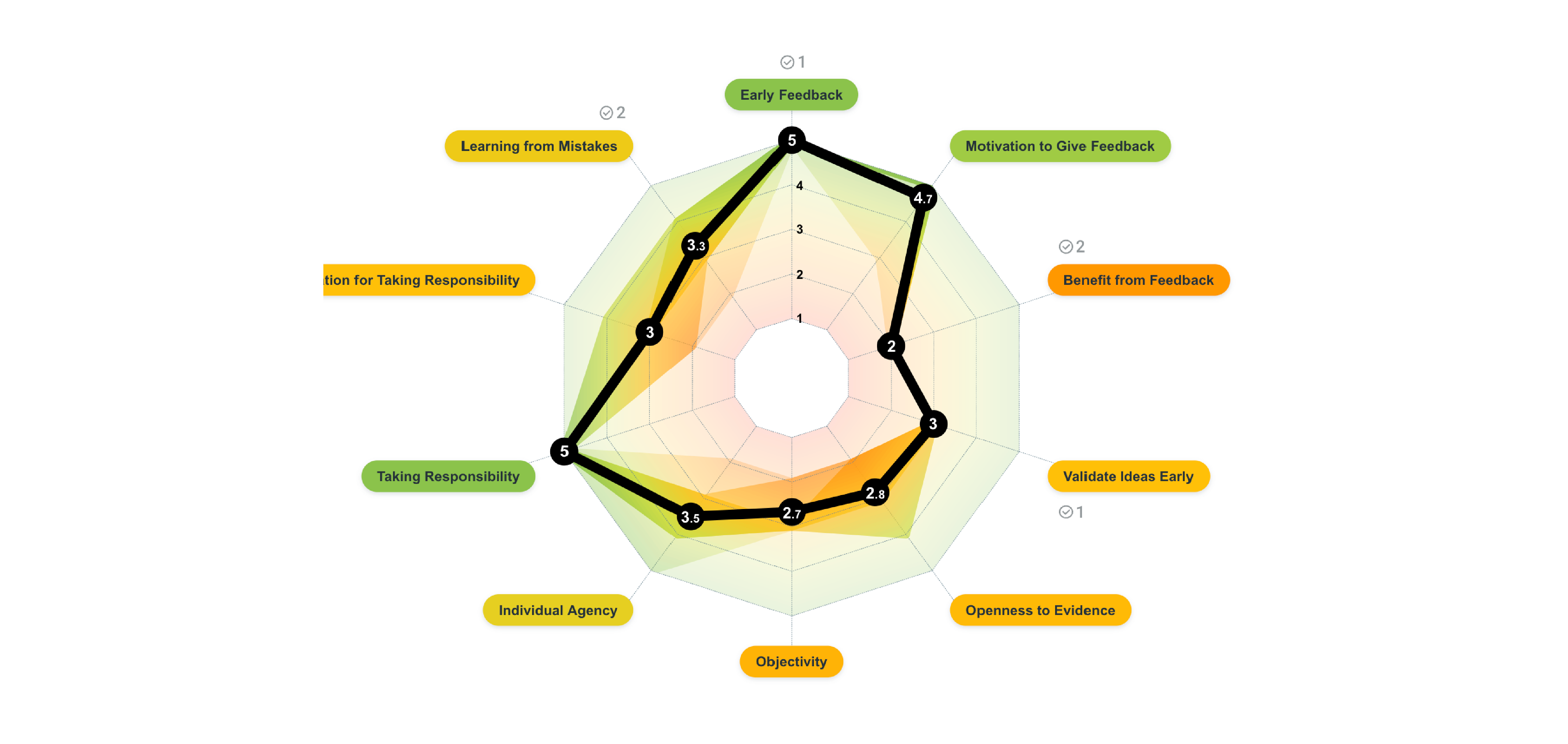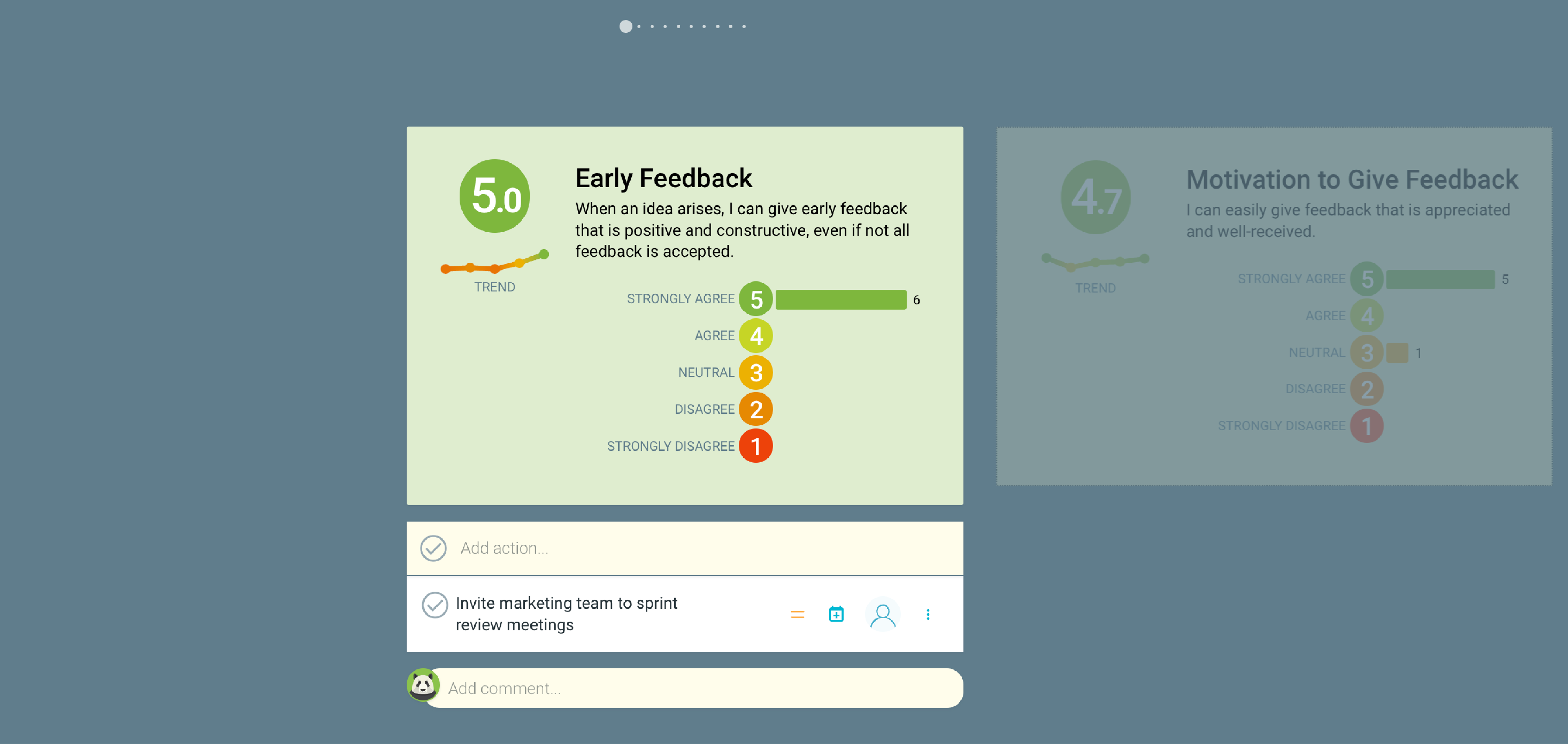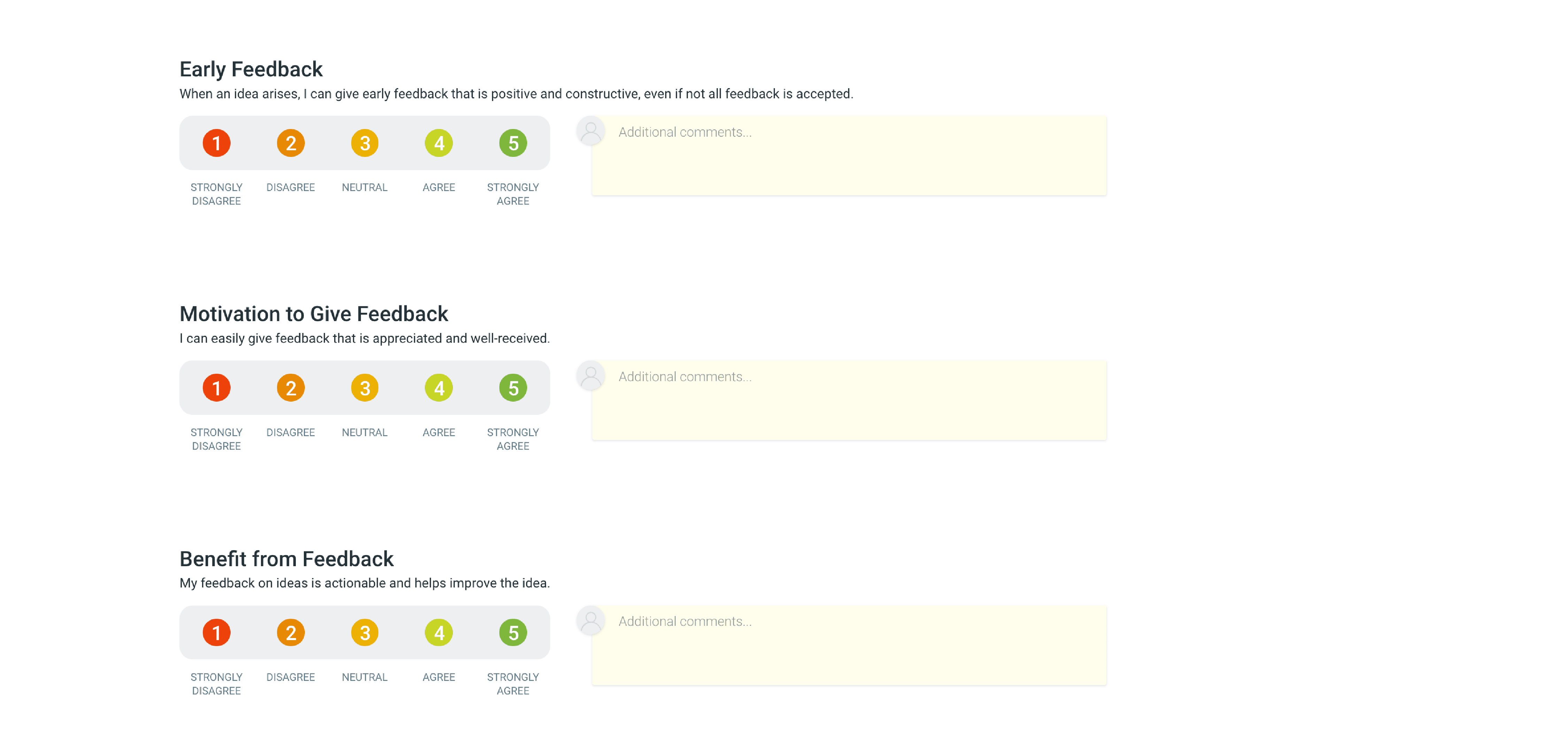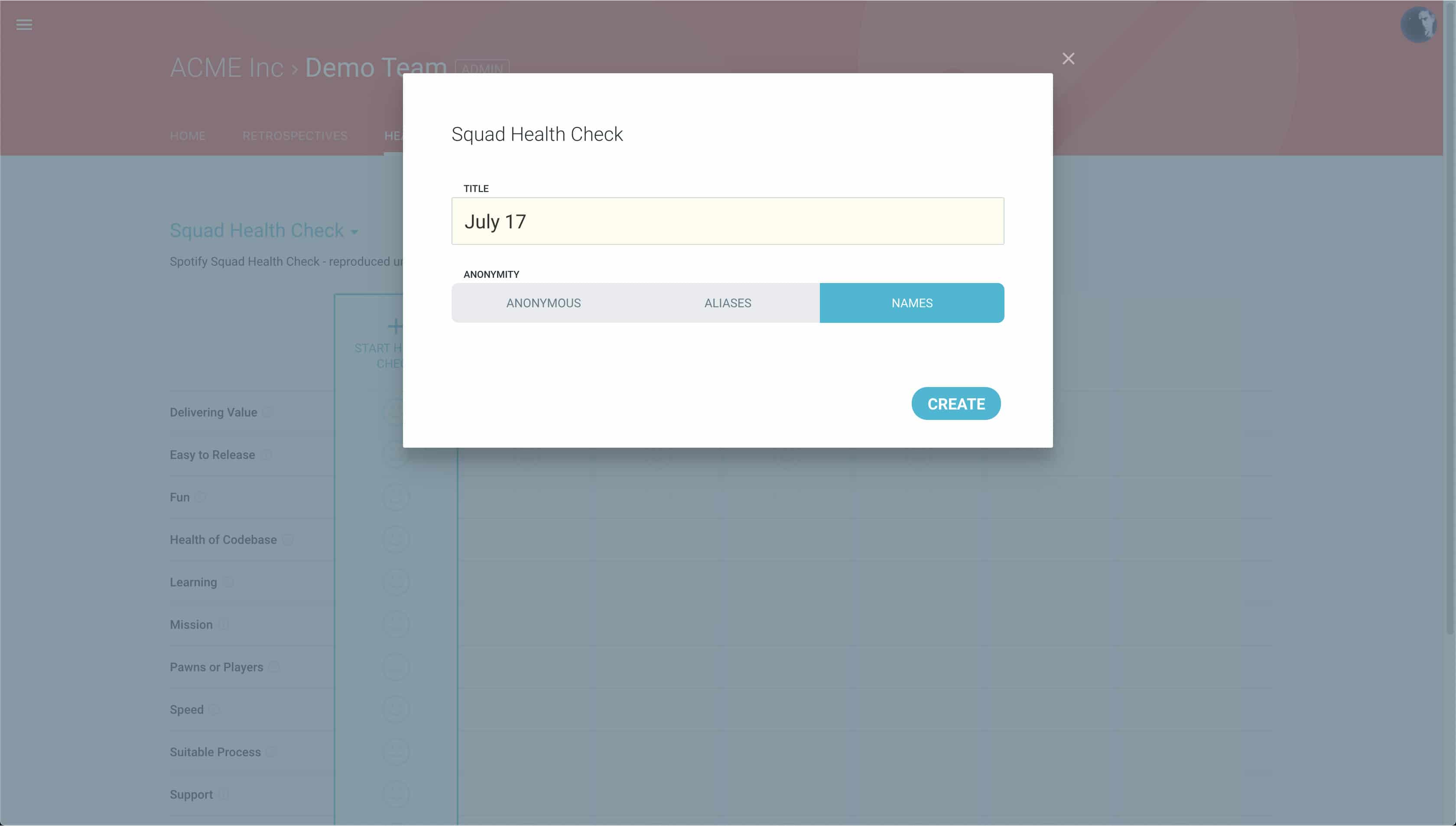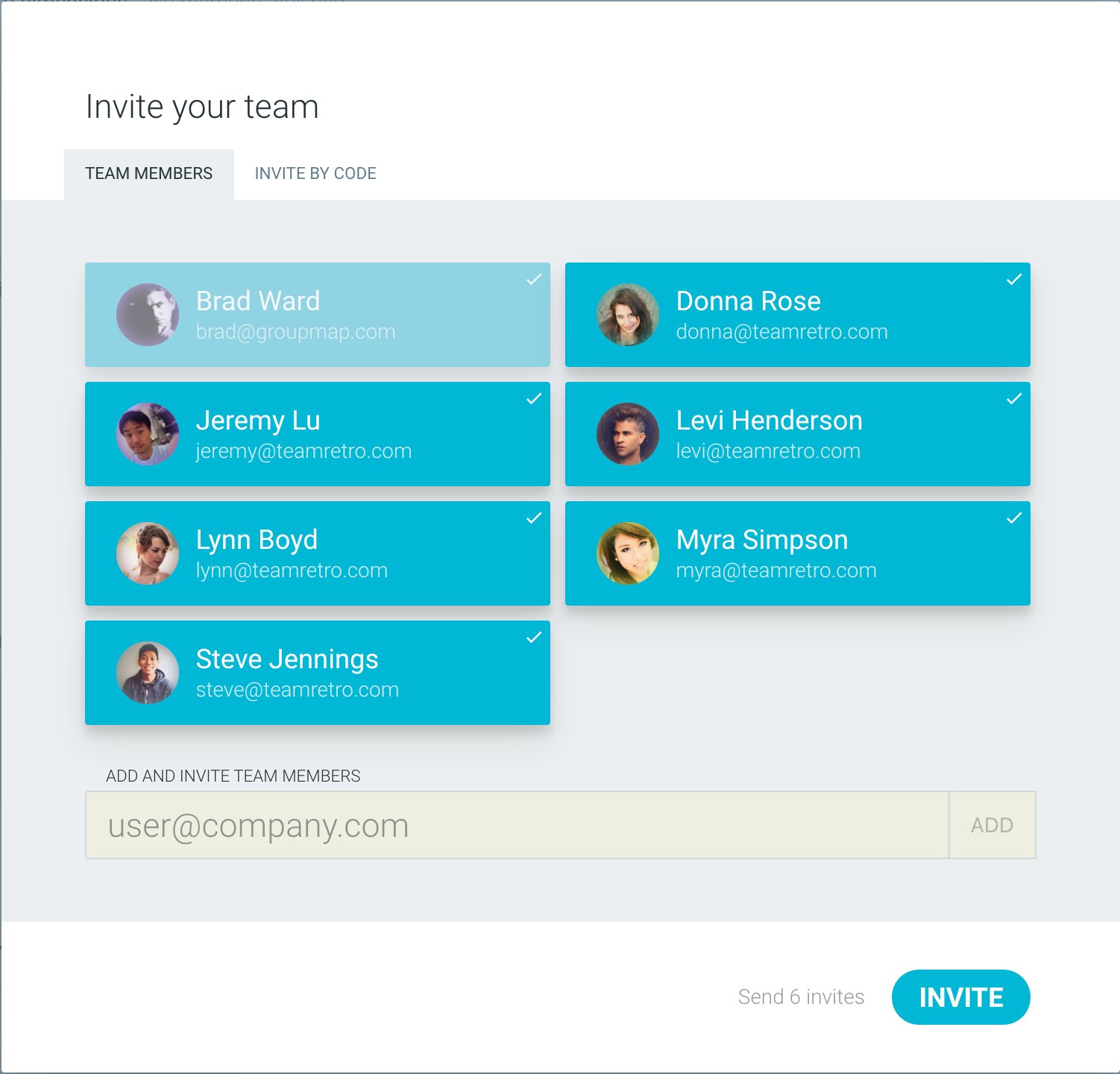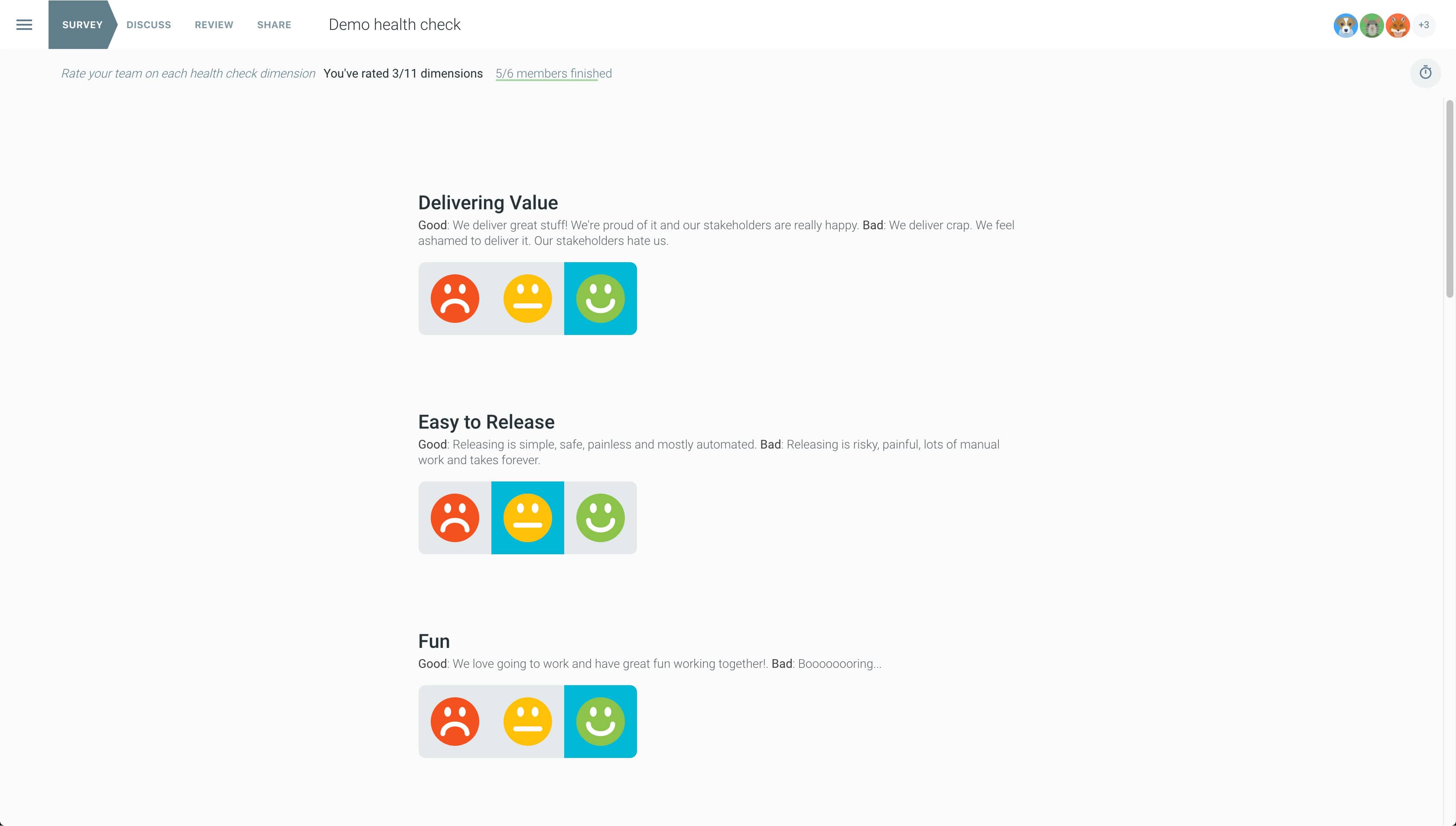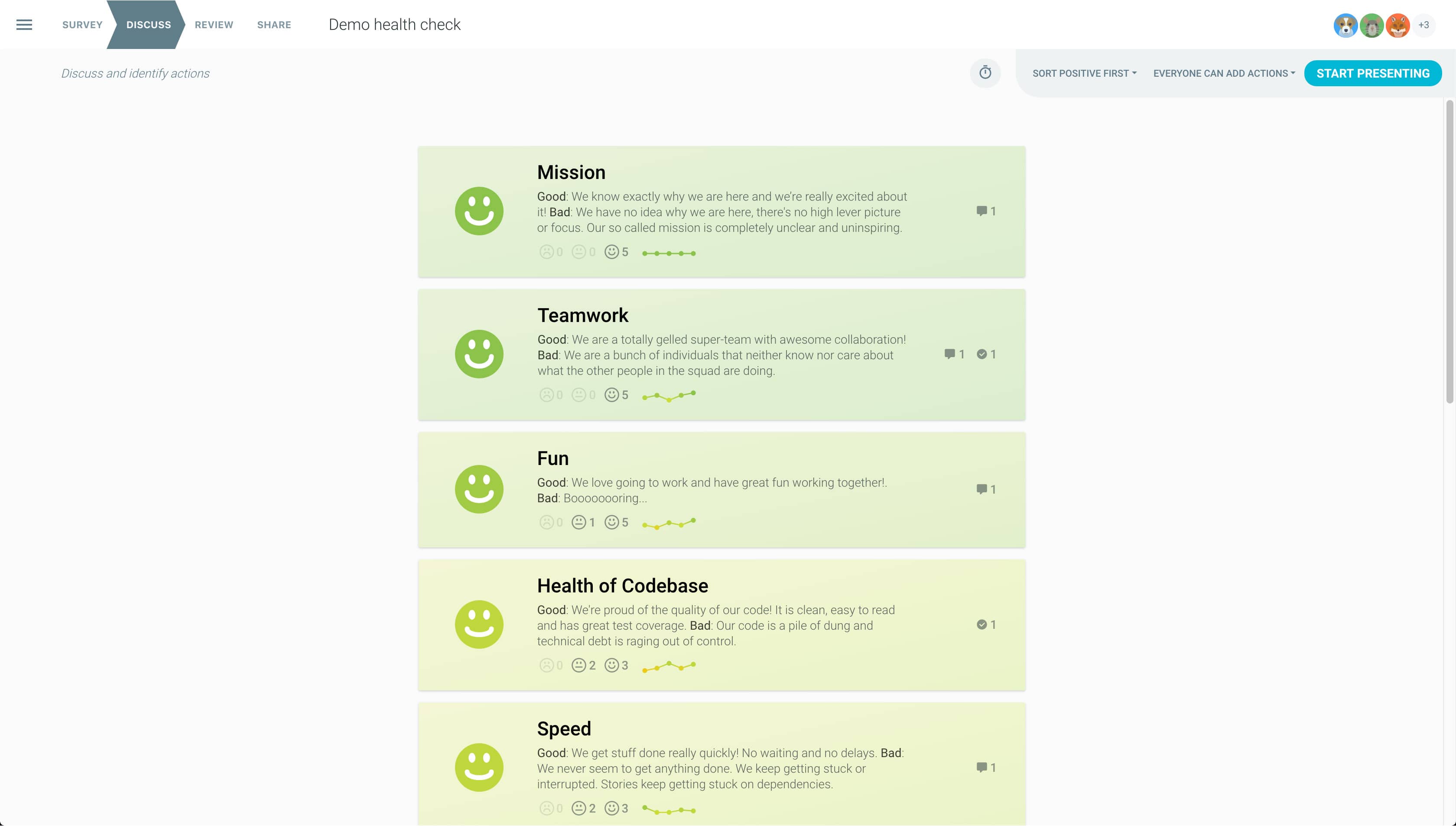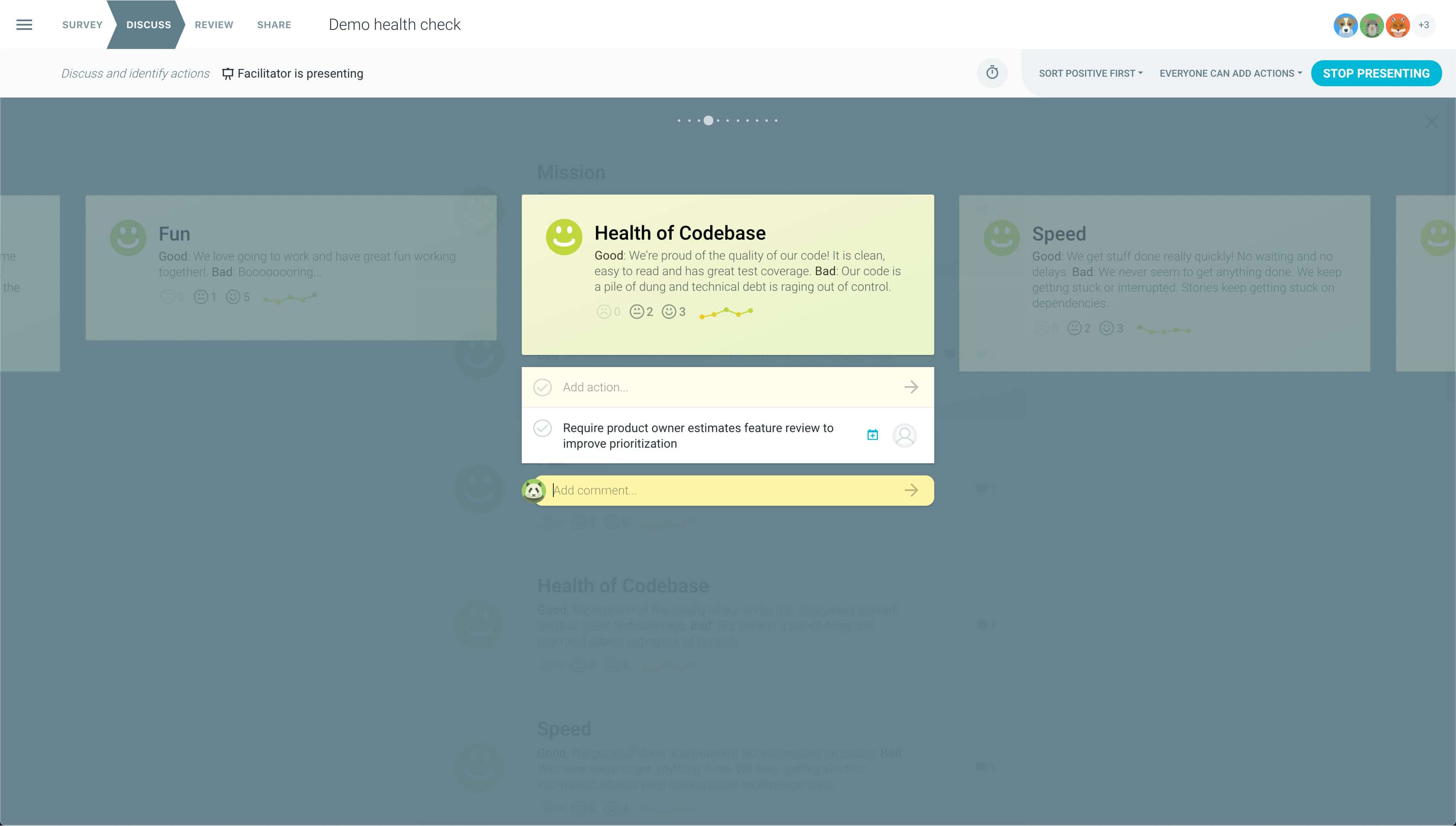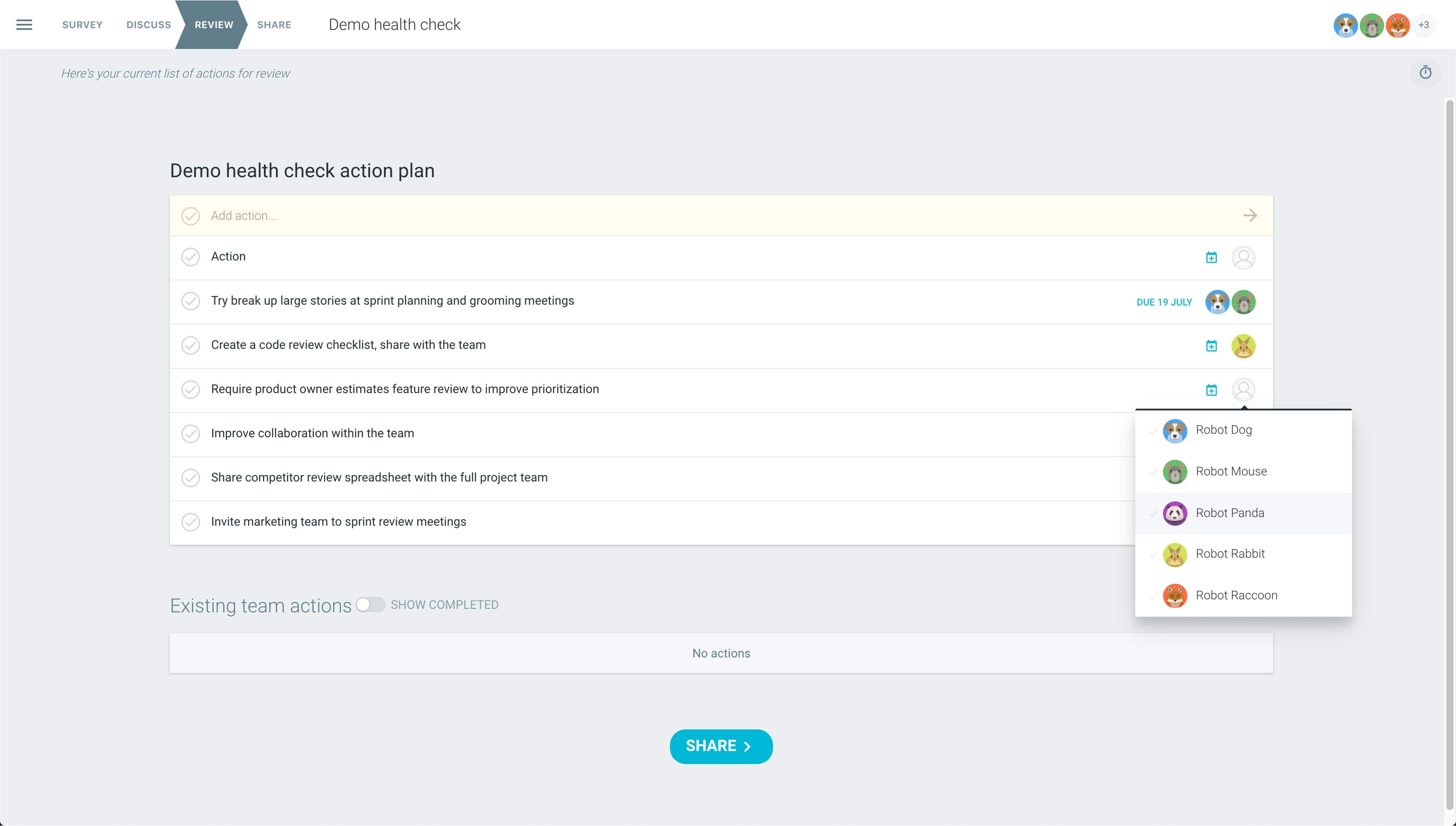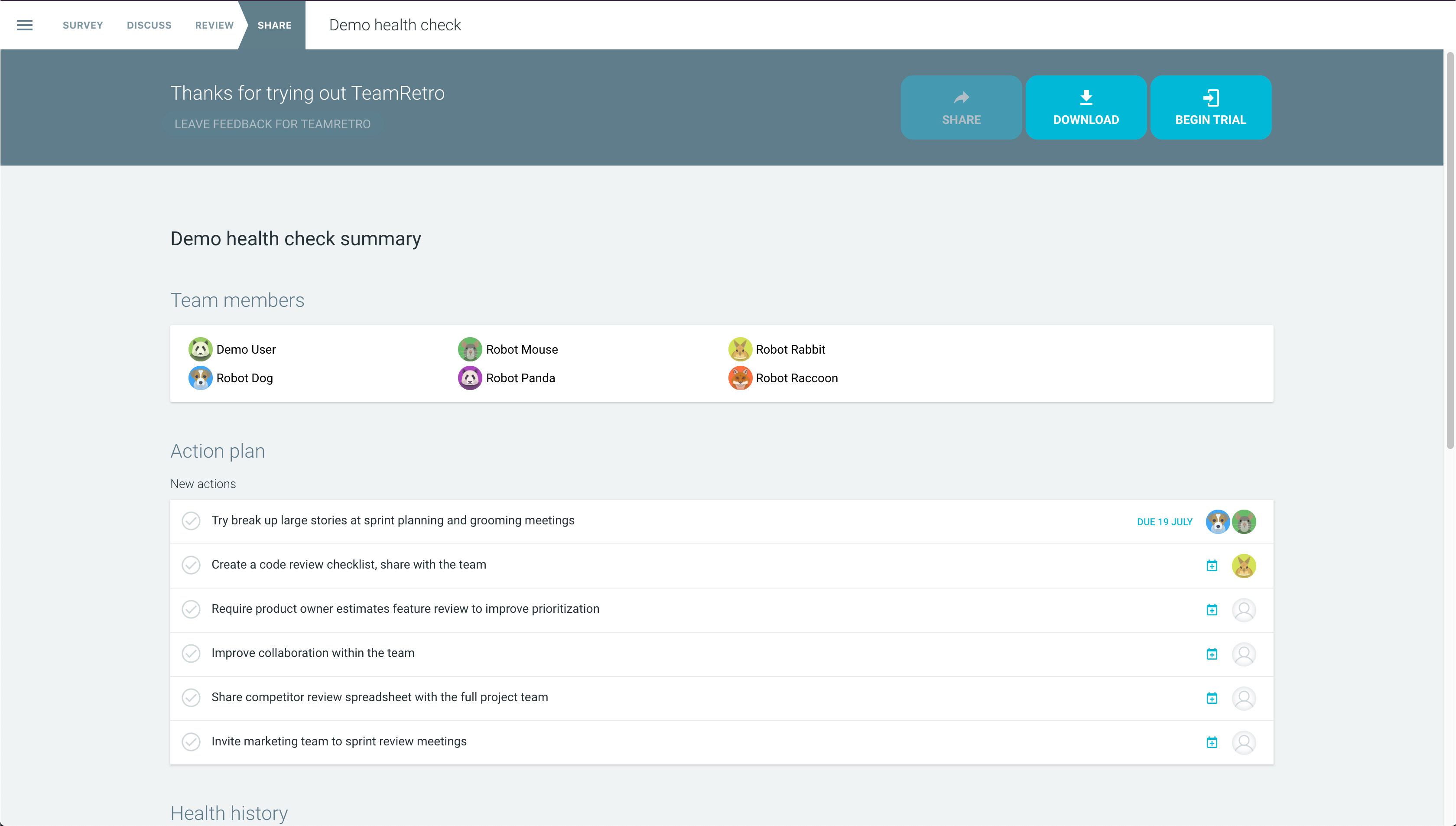What is a Feedback and Innovation Culture?
A feedback and innovation culture could be described as an environment that fosters collaborative improvement and growth. It allows for creativity through the use of safe, open communication channels. As a result, innovative ideas are nurtured and delivered, while efficiency and value are maximized.
Netflix’ Innovation Centre is a prime example of a feedback and innovation culture; with their unique work environment built to foster innovation.
As a result, decision making by employees is encouraged. Each significant decision has an individual acting as ‘informed captain’ who will take ideas from conception to execution. Netflix also built talent density within ‘dream teams’ (a group of extraordinary individuals who inform those captains and work with the team to achieve outcomes.)
Importantly, Netflix paired this personal responsibility with a very direct but benevolent feedback culture. Ideas can be validated early and feedback is used to improve the final outcome.
This agile team health check helps your team assess their own practices when it comes to seeking excellence.
Understanding the Feedback and Innovation health check
To help people succeed, Netflix developed an approach to proposing ideas as part of their innovation cycle. This included:
- Socializing the idea and farming for feedback.
- Testing big ideas at a small scale to gather data for decision making.
- Being an “Informed Captain” from conception to execution.
- Celebrating both failures and successes.
Inspired by this approach, the Feedback and Innovation health check covers feedback loops, individual agency and validating ideas through an objective lens. It highlights areas where there might be a need for courageous conversations. These areas can also become the theme for your next retrospective.
What are some of the key messages of Netflix’s Innovation Culture?
In their book “No Rules Rules” , Reed Hastings and Erin Myer share some of the learnings and mindsets that lie in the heart of Netflix’s company psyche. Some of these are:
- Their feedback culture is open and creative.
- Rather than approval to move on an idea, the focus is on well-informed decisions which includes gathering feedback from managers and colleagues.
- Feedback is candid, considered and constructive.
- The process of seeking feedback goes actively against the human inclination to conform, especially if the idea is bad.
- Brilliant jerks and kindly removed.
- Data, rather than opinion, is more important in decision making.
- When an idea can take a lot of time and resources, it’s encouraged to test it at a small scale, even if the boss disagrees with the idea.
- People have the decision making freedom and ownership to take the project from conception to execution.
- Failures are openly shared. An open memo about a failed bet and what you have learned from it so that everyone benefits from it.
- Likewise, successes are celebrated.
How to create a Health Check in TeamRetro
Your template is ready to go
Under Health Checks, select the health check you’d like to complete. Decide if you want to survey the team anonymously, using aliases or openly.
Reveal and discuss the results
Your health check data is displayed showing the average response and tally of each response. Sort dimensions by most positive, negative or mixed responses to make discussions more meaningful.
Keep conversation on track with Presentation Mode
Switch to presentation mode to sync devices making it easier to facilitate and focus conversations. Capture comments and actions along the way.
Review your action plan
Assign action owners and set due dates for new items and review prior actions. This action list can be tracked, shared or integrated into your other workflow tools.
Share the results
Great work, you are all done! Share the results with your team via email, download and print or publish to tools like Jira, Asana and Trello. Results can be tracked in your dashboard.
